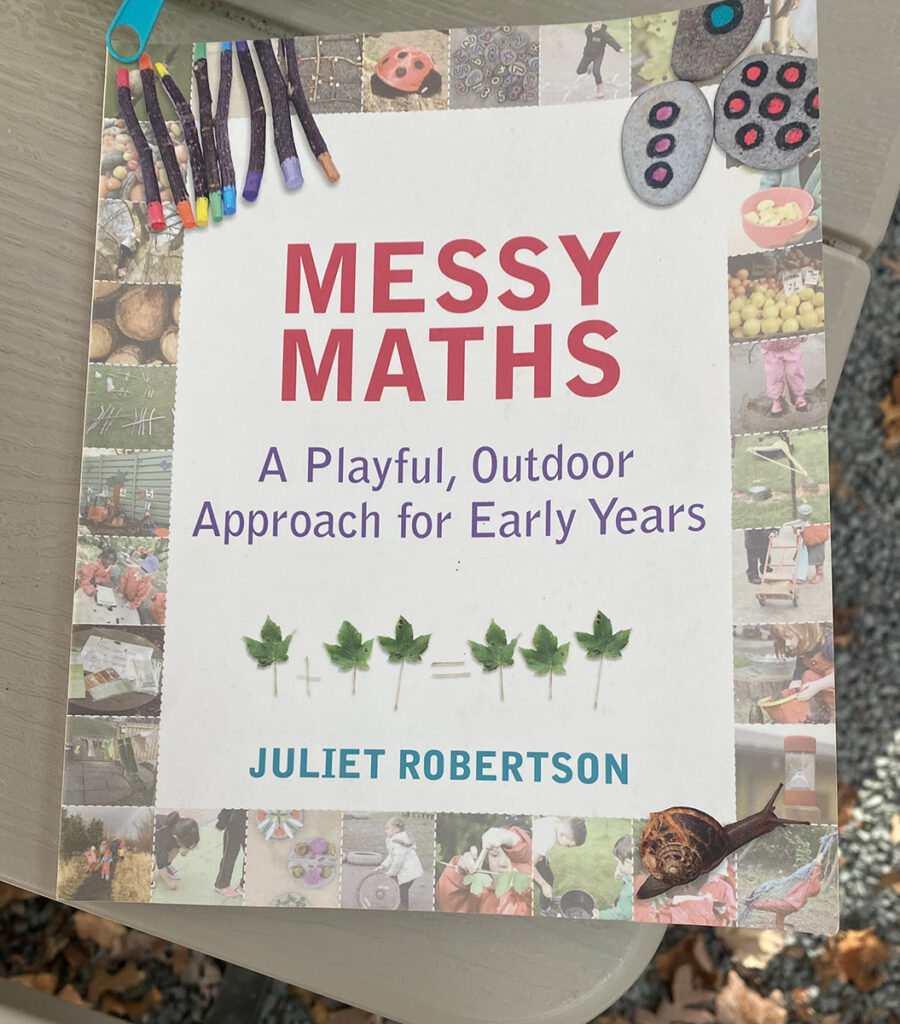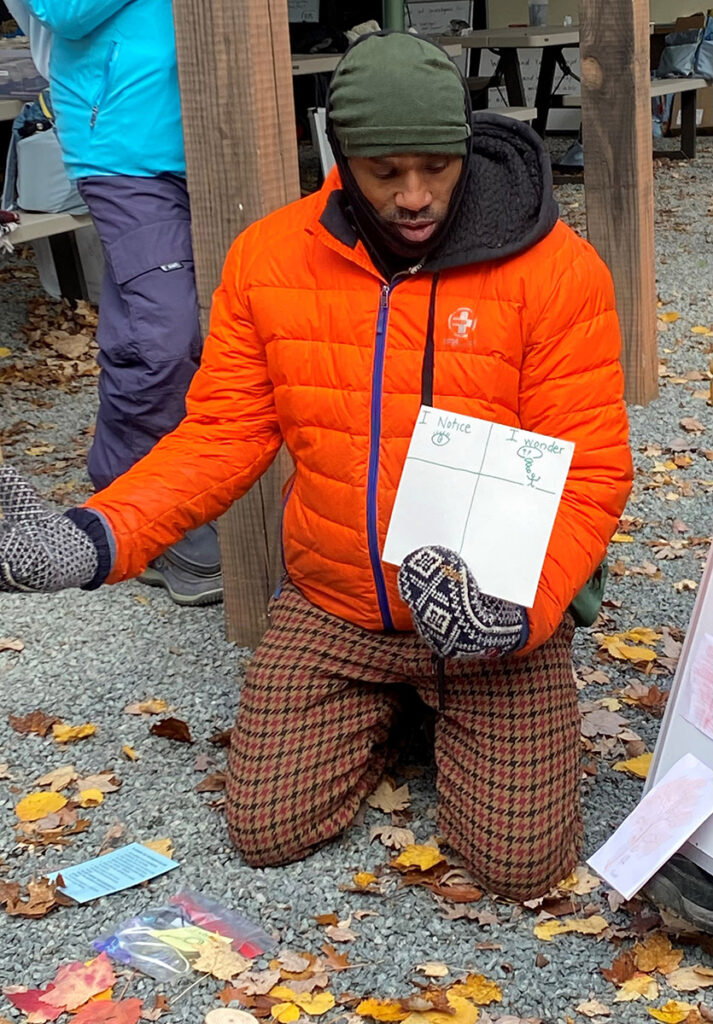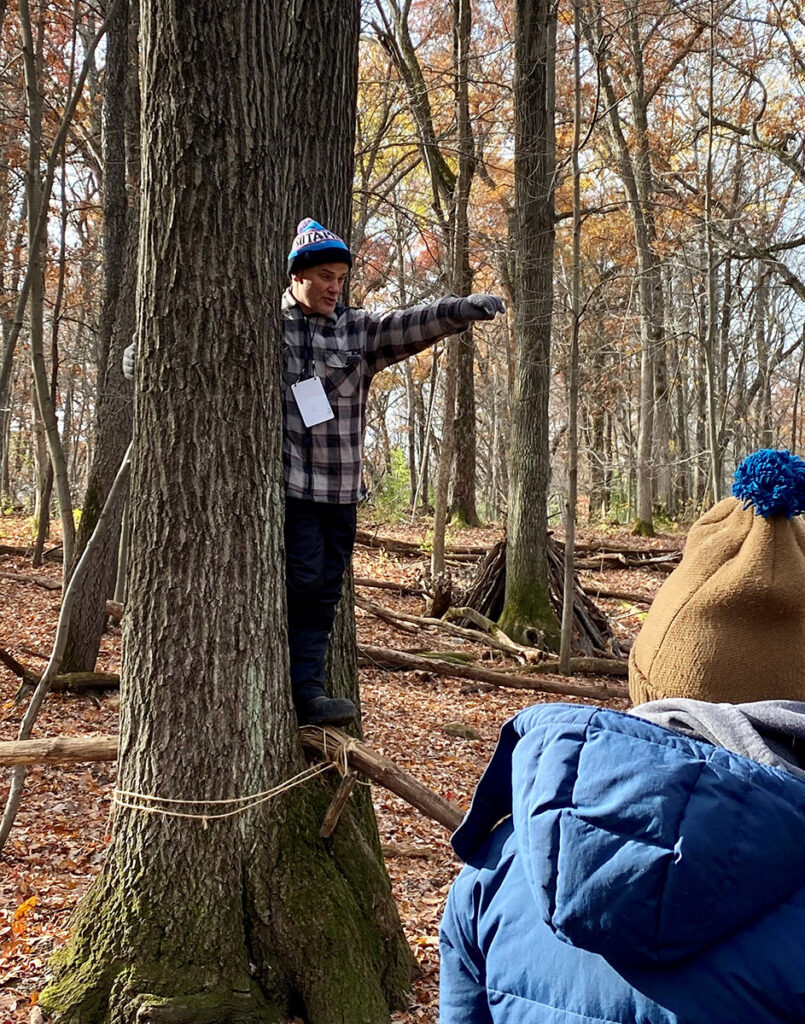Freshwater is partnering with Hamline University and the University of Minnesota’s Institute on the Environment for a transformative project designed to empower Minnesota teachers to integrate nature-based learning into their classrooms.
This project includes immersive training retreats that aim to address a critical gap in teachers’ preparedness and willingness to utilize the outdoors as an educational resource. The retreats are part of a broader initiative to create a Teacher Field School, revolutionizing the way educators approach teaching and enriching student experiences.
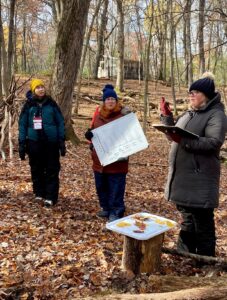 Outdoor learning in action
Outdoor learning in action
The work began with a $200,000 in funding from the Manitou Fund for a pilot year and is now backed by a $500,000 grant from the Legislative-Citizen Commission on Minnesota Resources (LCCMR) for two additional years. This year, there will be six outdoor training retreats tailored for educators throughout the seasons of the school year.
The September and October retreats were located at the Warner Nature Center property in Marine on St. Croix where teachers ditched the usual routine and took a hands-on approach to learning. It’s not just about teaching; it’s about actively engaging and having fun. This retreat marks a shift from the ordinary, bringing teachers closer to nature and each other while learning something new along the way.
One of the standout features of the October event was its focus on mathematics. Educators explored the integration of math concepts with the natural environment. By taking math outdoors, teachers gained insights into fostering a deeper understanding of mathematical principles while fostering a love for learning.
Freshwater Research and Policy Director Carrie Jennings recalls her own childhood memories of outdoor learning, and points to research backing these concepts. “Learning outdoors uses more of your senses, which leads to better retention of information,” she explained. “Math and numeracy skills are made relevant if the student uses them to answer questions like, ‘Which leaf falls faster?’ or ‘What are the symmetry patterns in these leaves?’ Students associate the learning with the sound of the wind, the feel of the bark, and the smell of the forest floor.”
Teacher field school: Shaping the future of education
The event serves as a cornerstone in the development of Minnesota’s first nature-based training for teachers, Teacher Field School. This innovative program aims to equip teachers with the knowledge and tools necessary to seamlessly integrate nature-based learning into their daily practices. The goal is to create a ripple effect, transforming classrooms into dynamic spaces where students connect with nature while achieving academic success.
“We built a knowledgeable team to design this program that includes educators, education researchers and a child psychologist who know from their research and practice that immersive education taking place outdoors benefits both student well-being and academic outcomes,” said Jennings. “It also increases environmental stewardship habits, which is a main motivator for Freshwater and LCCMR. We are also grateful for the initial support and ongoing collaboration of the Manitou Fund.”
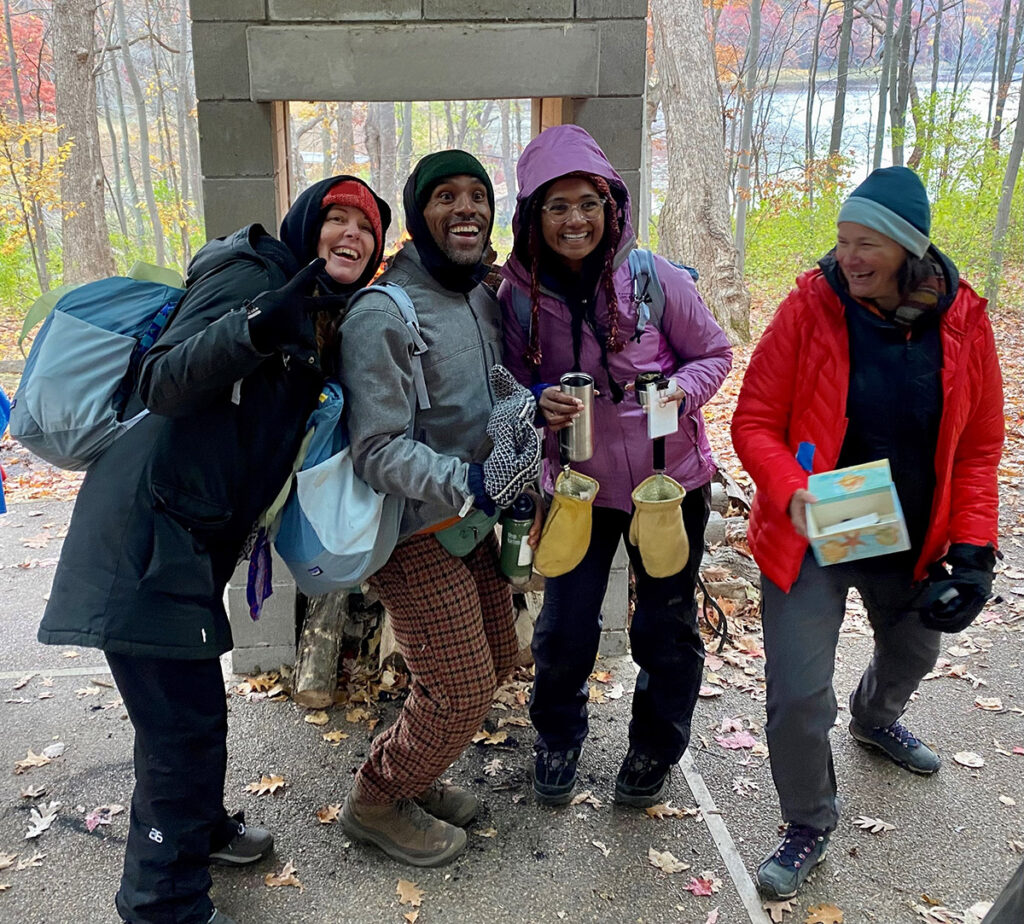
Connecting classrooms to nature
The program itself is open to teams of K-12 teachers across Minnesota. In order to change the system they are operating in, teams should include administrators or curriculum specialists. This is a series of six retreats designed to help teachers develop fluency in standards-aligned, equity-centered, multidisciplinary approaches to nature-based education. By immersing teachers in hands-on experiences, the retreats inspire curiosity and creativity in the classroom.
The collaborative efforts of Minnesota teachers, Hamline University, the U of M Institute on the Environment, and Freshwater underscore the collective commitment to shaping a future where nature-based education is not just a supplement but an integral part of the learning experience. By inspiring educators and empowering students, this initiative aims to foster a generation that excels academically and develops a deep appreciation for the environment.
Teacher teams who are interested in the program can apply on the Hamline University website.
